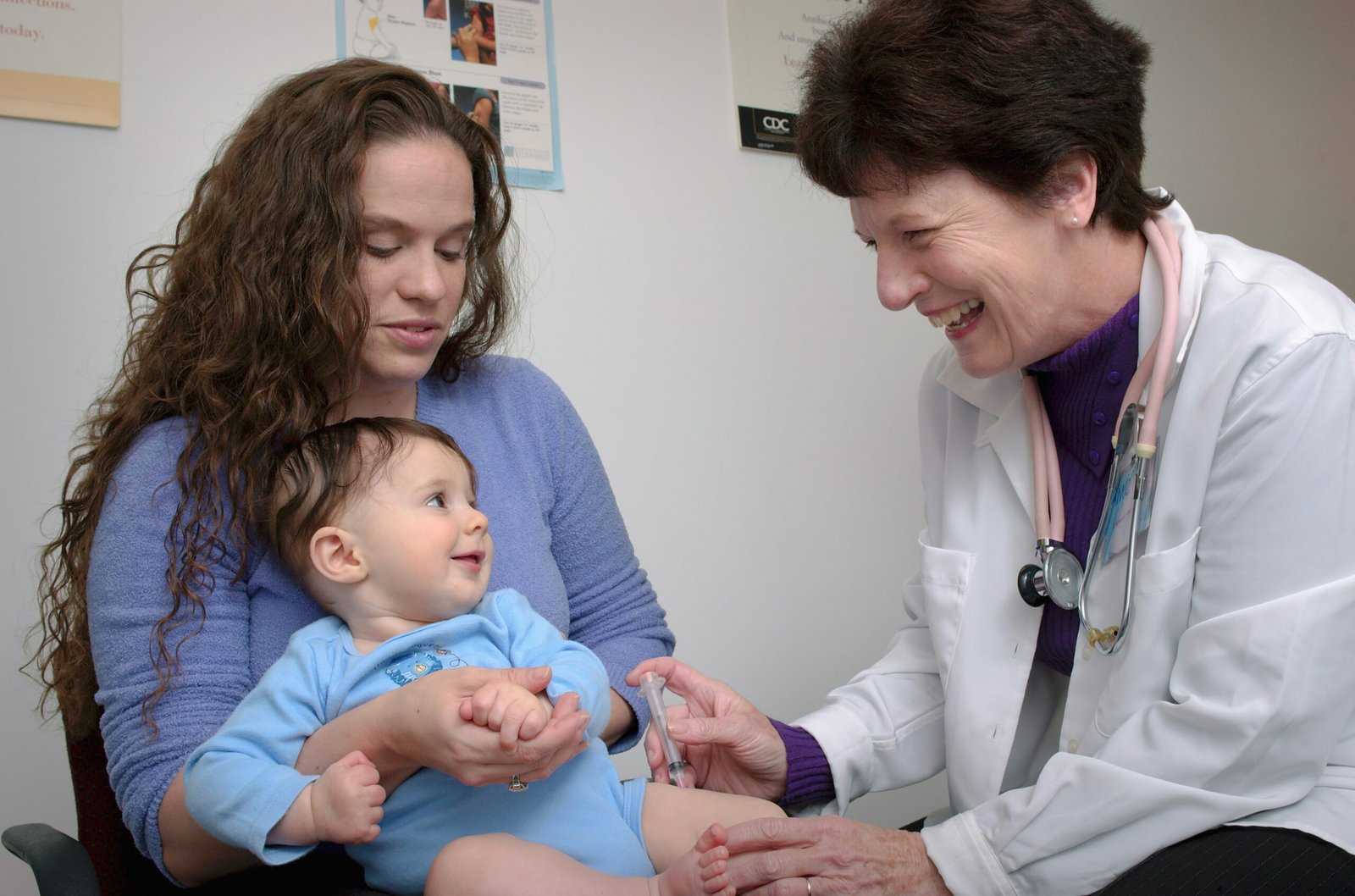What is Pediatrics?
Pediatrics is a specialized branch of medicine that focuses on the healthcare of children, from birth through adolescence. It is a crucial field that deals with diagnosing and treating various diseases and health conditions that affect children. Pediatricians play a vital role in providing comprehensive care for children, which includes monitoring their growth and development, conducting general health assessments, managing chronic and acute illnesses, and tracking vaccinations.
Subspecialties in Pediatrics
Pediatrics encompasses several subspecialties that cater to specific areas of child healthcare. One such subspecialty is neonatology, which concentrates on the care of premature and newborn infants. Neonatologists are specially trained to handle the unique needs of these delicate patients, ensuring their health and well-being during their early stages of life.
Another subspecialty is general pediatrics, which provides overall healthcare for children. General pediatricians are well-versed in a wide range of pediatric conditions and are often the first point of contact for parents seeking medical assistance for their children.
Additionally, there are specialized fields within pediatrics, such as developmental pediatrics and pediatric psychiatry. Developmental pediatricians focus on assessing and managing developmental issues in children, including delays in speech, motor skills, and cognitive development. Pediatric psychiatrists, on the other hand, specialize in diagnosing and treating psychiatric and behavioral disorders in children.
The Role of a Pediatrician
Practicing pediatrics requires a broad knowledge of child development and their unique healthcare needs. Pediatricians handle a wide range of cases, including infectious diseases, developmental issues, nutritional problems, chronic illnesses, psychiatric and behavioral disorders, as well as emergency situations. They work in various healthcare settings, including hospitals, clinics, healthcare centers, and community settings.
Pediatricians often collaborate with multidisciplinary teams to provide integrated care for children. These teams may include nurses, nutritionists, therapists, and other medical professionals who work together to ensure the best possible outcomes for their young patients.
In addition to treating children, pediatricians also play a crucial role in providing parents with health guidance. They offer advice and information on child nutrition, growth and development, and preventive care. By educating parents, pediatricians empower them to make informed decisions regarding their child’s health and well-being.
The Goal of Pediatrics
The ultimate goal of pediatrics is to ensure the health and well-being of children, promoting their overall growth and development. By providing comprehensive care, pediatricians aim to identify and address any health issues early on, preventing potential complications and promoting a healthy lifestyle.
Pediatrics is a dynamic and ever-evolving field that continues to make significant advancements in the diagnosis and treatment of pediatric conditions. Through ongoing research and innovation, pediatricians strive to improve the quality of care provided to children, helping them lead healthy and fulfilling lives.
In conclusion, pediatrics is a vital branch of medicine that focuses on the healthcare of children. Pediatricians play a crucial role in diagnosing and treating various diseases and health conditions that affect children, while also providing guidance to parents. By promoting the health and well-being of children, pediatrics contributes to the overall growth and development of future generations.
